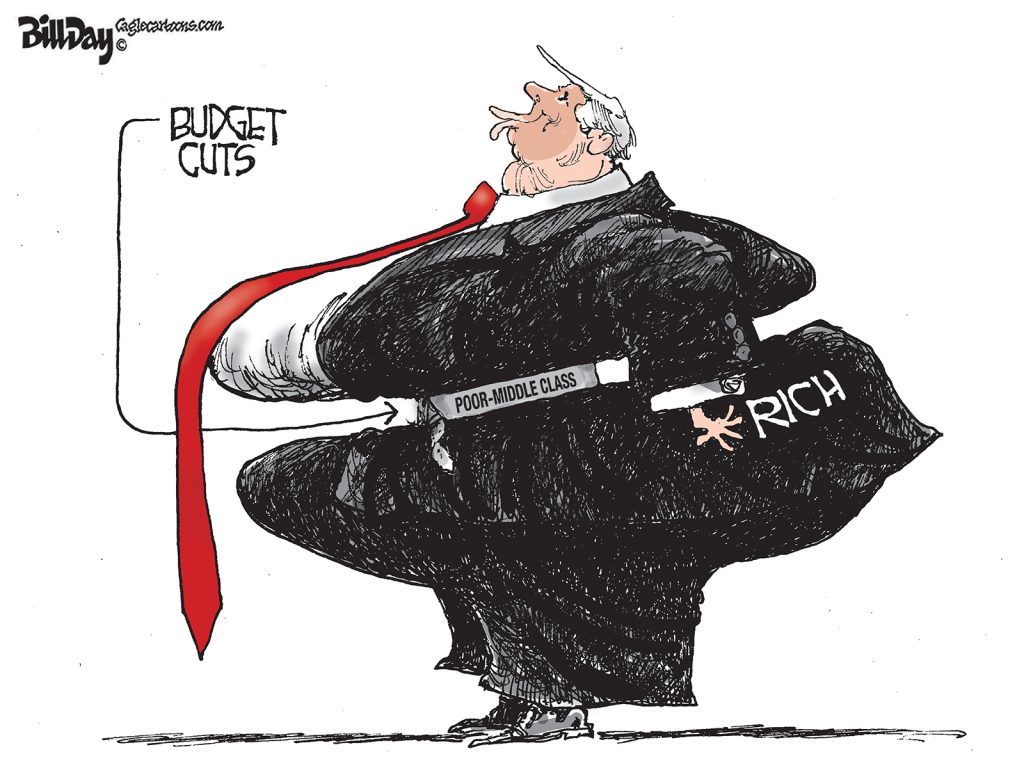Watch this 10 minute video. Replace Memphis every time they say Birmingham. Substitute I-269 every time they say Birmingham Beltline. They have the same Chamber, the same project, the same inner-city desires and the same need for transit. Fascinating and frightening.
A recent report on Blueprint America for the NewsHour with Jim Lehrer, hones in on a specific six-lane interstate highway projected for Jefferson County’s Northern Beltline, encircling Birmingham, Alabama. The highway, which is slated for completion in 2025, is receiving criticism from locals—as well as Birmingham Mayor Larry Langford.
“We have built enough interstates to kill our inner-cities.” Langford said in the video interview with Blueprint America correspondent Rick Karr. “Yes, we can get from point A to point B but now what we are doing is cycling traffic around because of the grandiose idea that ‘we need more interstates.’ No, we don’t need more interstates—we need high-speed public transportation. But we’re always spending our money in the wrong places.”
Modern planners see highways as a thing of the past, considering that in many places they have been detrimental to the development of cities by creating vast regions of sprawl. So why bother building more?
“It’s an entirely political process.” said David Burwell on Blueprint America. “No one wants to turn off that federal spigot of money.”


That's a pretty one-sided viewpoint. While I'm a big fan of Smart City Memphis-and typically for your evenhandedness-this story ignores modern logistics demands that I would think the home of Fedex would be more attuned to. See figure 4-1 for instance: http://www.uahcmer.com/files/Commision_on_Infrastructure_2007_Report.pdf
This sort of rancorous 'debate' of Urbanist vs. Development, much like that of Red vs. Blue, paints far too simplistic of a picture, and worse, falls for the zero-sum fallacy.
This isn't about urbanist versus development. When do we quit letting freight decide our quality of life.
Bob:
Good to hear from you. We admit that we're not objective on this. We have a definite point of view, and we've written about it often. Based on the data, the traffic "studies" and the need, we just think there is no basis for I-269.
We are already in the top rankings for cities with the most lanes of traffic, and based on our experience, we think that there will always be more roads that developers and the Chamber want.
We'll read the report you recommend. Thanks for sending link.
Smart City-keep up the good work! I'm not as versed on I-269 myself-but the UAH report is data-based and multi-modal as well.
There are certainly lots of great parallels between Birmingham and Memphis, Smart City always makes for interesting reading.
Bob:
You're always a good source of information. We're reading the Alabama study right now. Thanks again.
"Unless we deliberately keep most of the world's urban population in poverty, packing more people into existing cities won't solve anything. The solution is finding better sources of energy and more efficient means of doing everything. As we do this, it is quite possible that the most sustainable cities will be the least dense."
http://tinyurl.com/yzj7rtj
i-269 will make it easier for me to move out of Memphis into the extraburbs yet still commute and move about with ease.
All I need is the real estate market to improve just a bit in the Barry Soetero economy.
Highways should be about transportation, but in Alabama it is all about "opening up areas for development." Even though the areas that get opened up inevitably sprout the same shopping centers and subdivisions that move money around without generating anything really new. Then we end up with more roads and more off ramps and more billboards and more gas stations and Applebee's and Motel 6's, all of which are bright and shiny for a short time until the next new highway opens up and everyone moves on. It meets the definition of insanity-doing the same thing over and over and expecting different results. I hope Memphis can resist the siren call of short sighted over-development.
Well stated, Lisa!
Road construction decisions in Alabama are based on politics, not traffic needs.
It's time for Alabama's local, state and federal elected officials to act responsibly and stop being influenced by self-serving corporate interests and their money. After all, nothing is more important than the water we drink and the air we breathe.